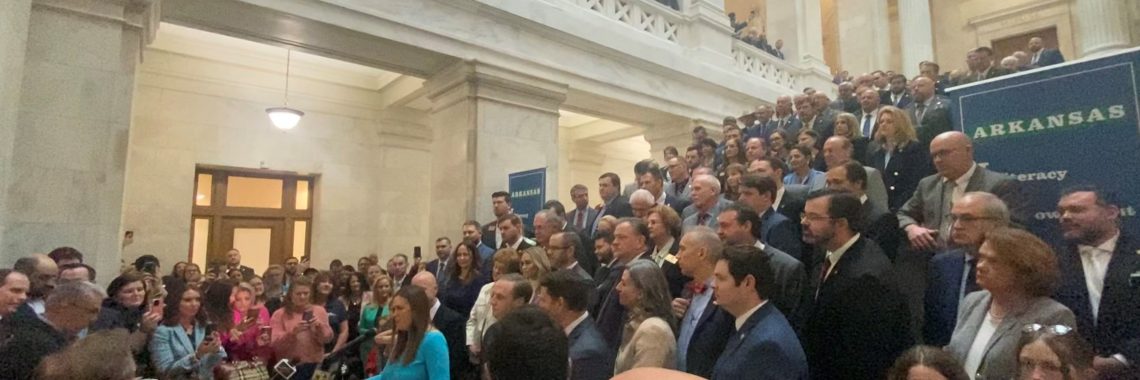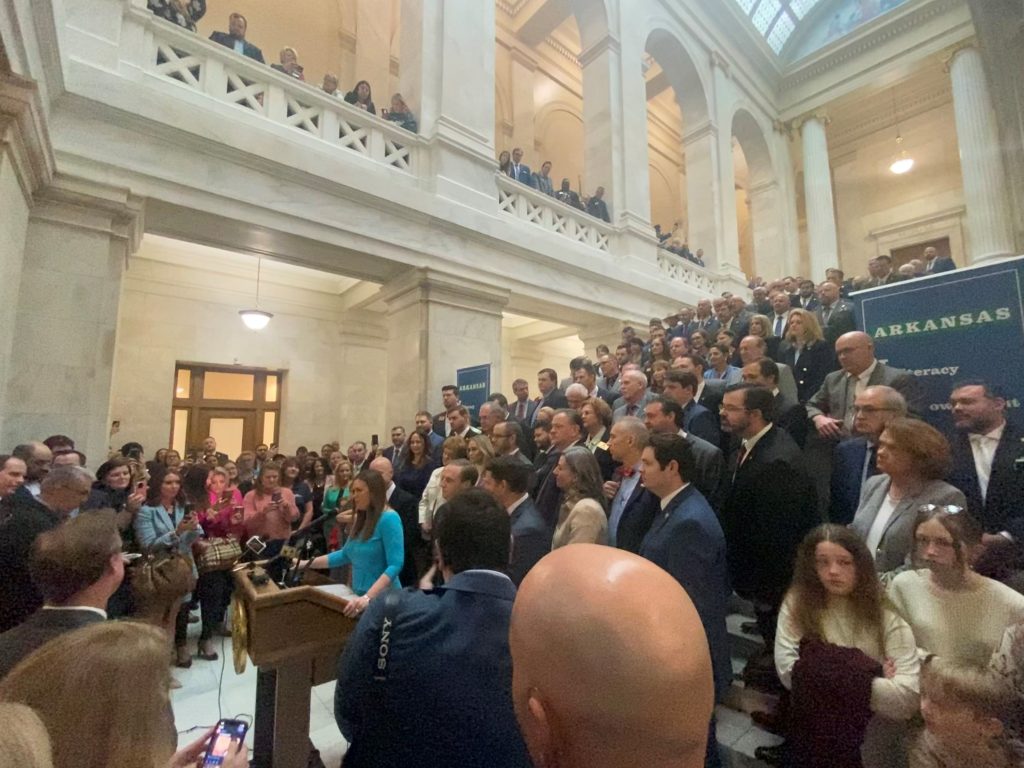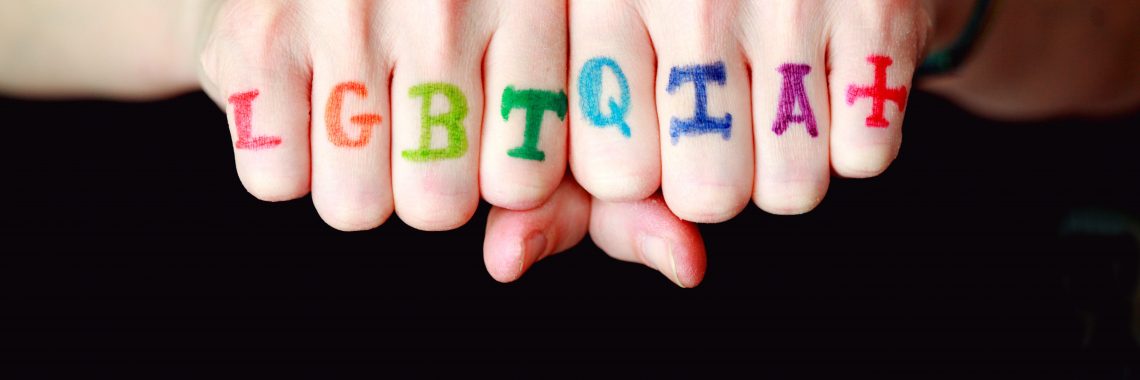Arkansas House Committee Fails to Pass Bill to Protect Children From Internet Pornography

On Wednesday the House Rules Committee at the Arkansas Legislature failed to passed a measure that would help protect children in Arkansas from Internet pornography.
S.B. 66 by Sen. Tyler Dees (R – Siloam Springs) and Rep. Mindy McAlindon (R – Centerton) requires pornographic websites to implement an age verification process to protect children from pornography.
The bill passed with nearly unanimous support in the Arkansas Senate earlier this month, but it failed in the House Rules Committee on Wednesday.
S.B. 66 is a good bill that requires pornographic websites to verify users are 18 or older using a government-issued ID or another commercially available method.
In practice, this means pornographic websites would rely on IDs like a driver’s license to prevent minors from accessing pornographic material online.
Websites that violate S.B. 66 would be held liable under the law.
The measure is similar to a law Louisiana recently passed.
Technology has given children unprecedented access to pornography. Among other things, pornography is believed to contribute to mental health problems.
S.B. 66 would help address this problem in Arkansas.
Articles appearing on this website are written with the aid of Family Council’s researchers and writers.





